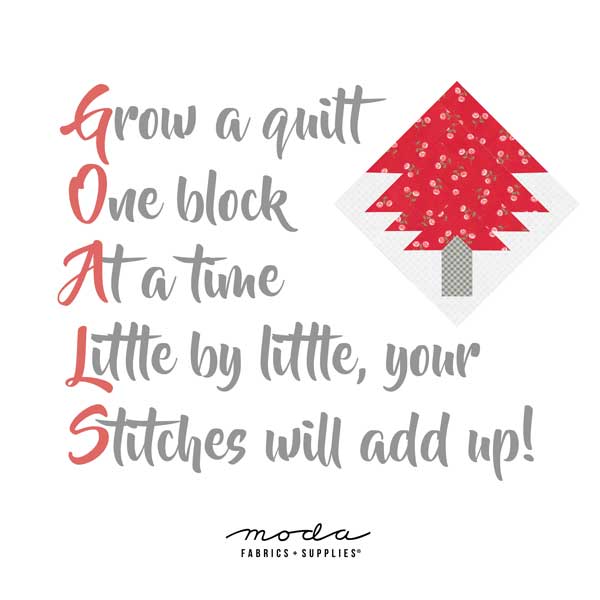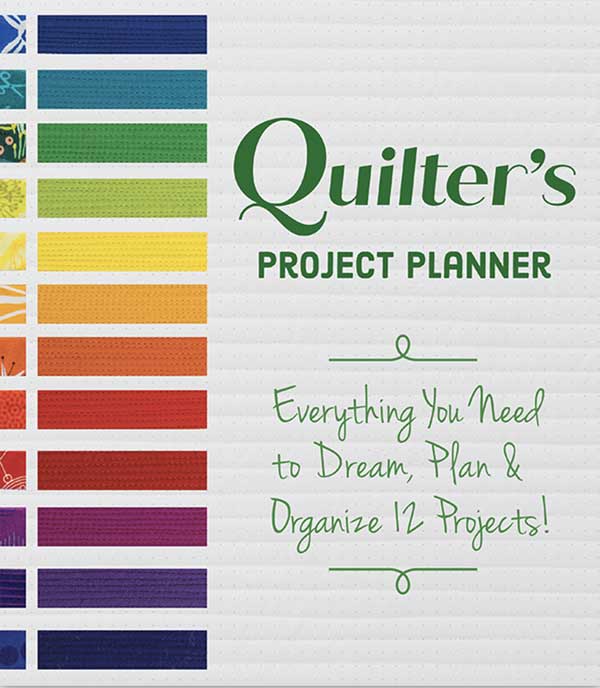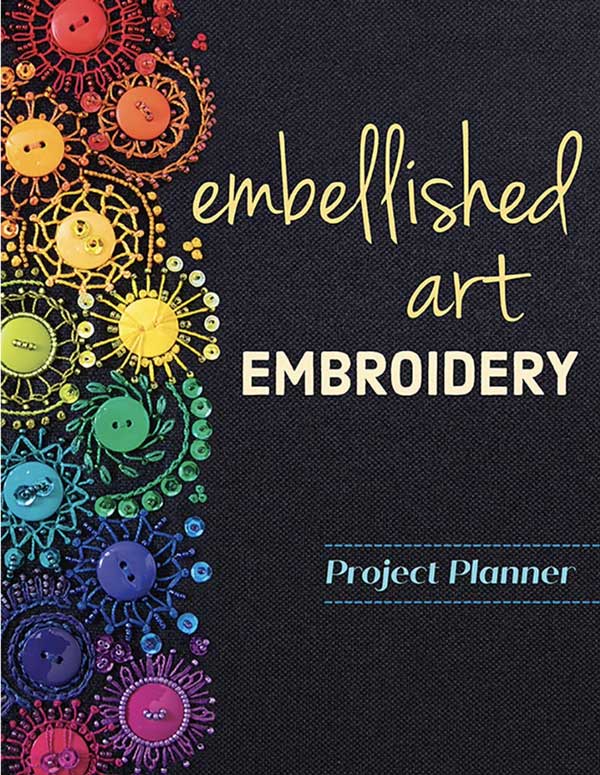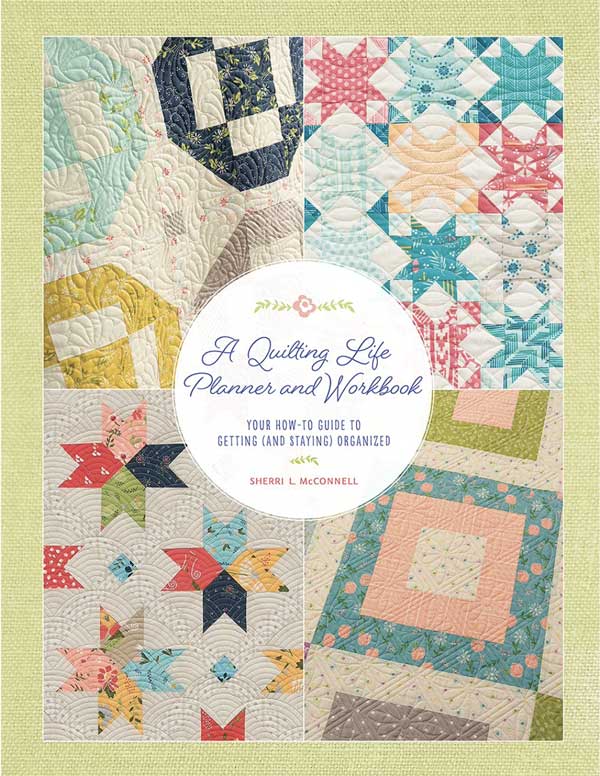Welcome to Moda Fabrics!
Planning To Quilt
Planning To Quilt
How do you make a quilt?

Block by block, stitch by stitch. Even "quilt in a day" took time, and there was a plan.
If you could schedule it, how much time would you sew each week? Would it be an hour a day, a couple of days a week? Or is the better question, "when would you not be sewing?"
Whether you sew for pleasure, or as part of a business, most of us have to consciously make the time to sew. And yes, there are products that can help you do that.
The Quilter's Project Planner from C&T Publishing.

Quilter's Project Planner - Everything You Need to Dream, Plan & Organize 12 Projects. This book includes the outline/schedule for twelve projects.
For each project, there is space to enter the following information:
- Construction & Cutting Notes
- Planning the quilt - pattern, designer, block size, etc.
- Task Checklist with dates/notes for Plan, Selecting Fabric, Assembly, Back, etc
- A listing for fabric and supplies required.
- Quilt Label info.
- Fabric Swatches - description, yardage required, etc.
- A page for sketches and notes.
The Quilter's Project Planner is just that, a way of keeping track of everything you need for a specific project. Use it when you start new projects, or to get a work-in-progress back on track. It's an excellent resource for keeping relevant project information in one place. And when you've finished the twelve projects, it's a lovely record of your quilting journey.
This is definitely more of an overall "planner" with chapters on:
- Reflection and Reflection Exercises
- Monthly Planner - Love It? List It!
- Quilting & Sewing Systems
- Plan On it - Basics and Setting your Top Three Month Goals
- Fabric & Sccrap Management
- Taking Stock - pattern inventory, ruler inventory, specialty notions & tools inventory, etc.
- Get Organized - organizing your sewing space, simplify storage, etc.
- What & Where - seasonal quilts & decor inventory, home decor project ideas.
- Review Regularly - how often should you review?
- Gifting and Giving
- Your Journey and Legacy
- Home Organizing Systems
And finally, for the embroidery stitchers.

The Embellished Art Embroidery Project Planner by Christen Brown for C&T Publishing. This book is almost a combination of the first two, it combines specific project planning with long-term goals.
Chapters include:
- Why plan?
- My Year - Creative Goals, My ActionPlan, Small-Projects Log, Works-in-Progress Log, 12-Project Log, 12-Project Wheel
- Project Planning Worksheets
- Tracking Logs - Class Tracker: Guilds & Stores, Class Tracker: Online, Stitch-Along Time with Friends, Holiday Projects Tracker, Gift Tracker, and Future Project Ideas.
Will a planner make you better at time management? Better organized? No. Not unless you open the planner and commit to using the lessons in it to your advantage. Can you accomplish the same objective with a notebook? Absolutely. But only if you actually use it to list projects, track progress, and make notes about the project.
When it comes to setting goals, and achieving them, one of my favorite books is Atomic Habits by James Clear. The other part of the title is "An Easy & Proven Way to Build Good Habits & Break Bad Ones." The key is changing how you think about good habits, and bad ones, and then using that to change to achieve the goal.
Planners or bullet journaling, vision boards or simply making lists - I think it comes down to finding the method that works for you. And then sticking to it.
We're back on Friday with a block/project that will put your new scheduling skills to the test. One block that can be made in two different sizes, with a few tips on keeping the project organized, and how to break it up into smaller bits. Make a couple blocks a week, and by the end of the year, you'll have enough for a large throw quilt.
We'll grow a quilt, one block at a time, and little by little, our stitches will add up.


Comments